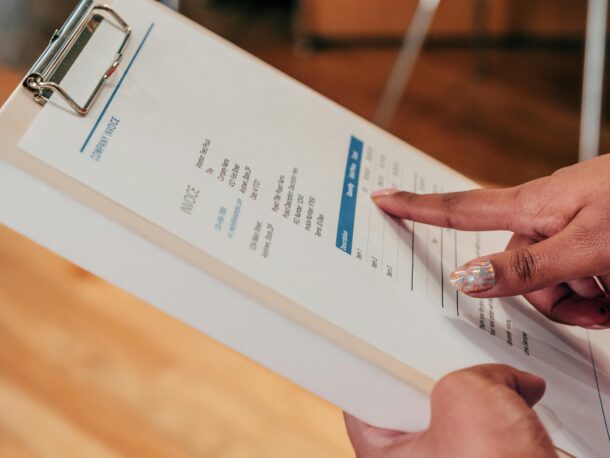Some businesses are paid for their goods or services upfront. But for those that aren’t, making sure customers pay on time can be challenging. Most of the time, customers will pay when they should. Being clear with your payment terms can help with this, ensuring they know when and how they need to pay. However, when a customer doesn’t pay up, it can cause big problems. This is especially true if you’re expecting them to pay a large amount. If it’s not paid, it can throw your cash flow off track. While it might be stressful, there are steps you can take to collect what you’re owed.

Remind the Customer of Their Obligation
There isn’t usually a need to do anything drastic in the first instance. Your customer might have forgotten to pay, and simply needs a reminder. Sending an email or letter, or calling them, to remind them of what they owe can often be all that’s required to get them to pay promptly. If you can contact them, this also gives you a chance to discuss any issues or reasons they might not have paid. If they have paid but the money hasn’t reached you, it helps keep you both up to date and could highlight any problems that might have occurred.
Negotiate the Payment
Sometimes a customer might have trouble paying on time. Maybe something unexpected has happened, and they haven’t been able to make the payment when they thought they would. If it’s a customer you trust or you want to give them the benefit of the doubt, you could negotiate a payment plan with them. Allowing them to spread the cost, for example, means they can pay in a way that works for them while you still get the money they owe you.
Hire Help with Collection
When a customer doesn’t pay up and you’ve tried negotiating with them, the next step might be to take more formal action. Hiring a collections agency or legal firm will allow you to issue a formal notice of their debt and perhaps take them to court if necessary. Instead of selling the debt to a company such as Crown Asset Management, you might prefer to get help from expert attorneys who can handle the legal case for you. It might not be an easy decision, but taking these steps can sometimes be necessary if you want to make sure you are paid.
Consider Selling the Debt
Another option could be to sell debts you are owed. This could be something you consider if multiple parties owe your business money, and you think it would be more expensive and time-consuming to pursue them all. By selling the debts you’re owed, you can collect most of the money without having to spend cash on collections. Like any other decision, it’s important to think about this properly before you decide whether it’s the right move for you.
Customers not paying up can be annoying, but there are various options to help you recover the money you’re owed.




Join the conversation: